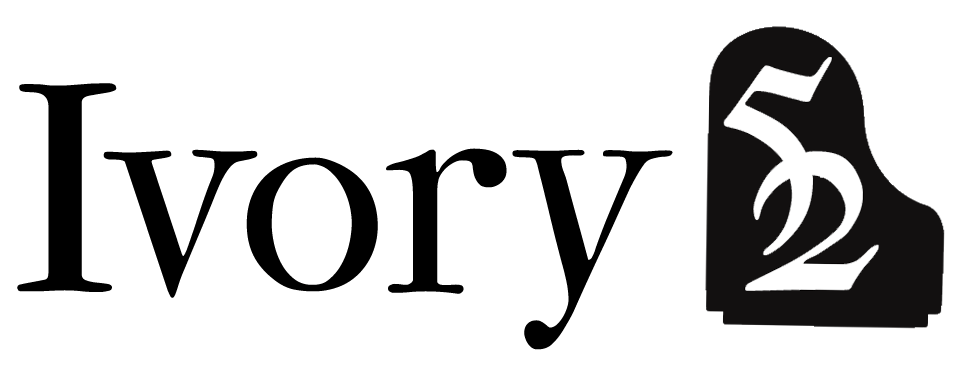Professional piano services for everyone. Ivory52 is dedicated to providing exceptional service to clients in schools, churches, recording studios, residential and performance venues.
Lost…and Found!
Dust, coins, paperclips, hair pins, popsicle sticks, candy wrappers, bugs, family photos, holiday cards - you name it, are frequently found inside pianos.
Cleaning Is important!
Pianos are difficult to clean because there are so many hard-to-reach places blocked by fragile parts.
Dust accumulation absorbs moisture causing the strings to rust and permanent stains to appear on your piano's finish.
When this happens, your piano begins to look dirty, causes long term irreversible damage to important parts, and makes everything even harder to clean as the finish deteriorates.
Dust around as much of the piano case as you can reach - keeping dust down limits how much will settle in becoming increasingly difficult to remove down the road.
Wash the keys with a mild dish detergent mixed with water and a soft microfiber cloth. Keep your cloth DAMP not dripping, and gently rub on the keys as necessary to remove any build up. Dry the keys with a new soft cloth.
Clean the case with a soft cloth and a gentle cleanser. Some furniture cleaners will create a film on the polyester or lacquer finish. There are special cleaners and polishes that are formulated especially for piano finishes. Cory Care products are formulated specifically for pianos and works very well. Ask me about Cory Care products for your piano needs.
Sanitizing your piano - Click here
Related links:
To Humidify? or not humidify? is that the question?
Temperature and humidity are the two biggest factors when it comes to your piano and its ability to hold its tuning - or not. The more stable you can keep the pianos environment the better the tuning will hold.
Please, do not place a tray of water in the bottom of your vertical pianos. There is always the chance of spillage in the piano, or it becomes forgotten and a great dirt collector. Don’t waste your time or risk damaging your piano.
Living in the Midwest, we have large humidity and temperature swings. I usually recommend installing a dual humidifier/dehumidifier unit in the piano as well as an undercover. The undercover helps to keep the humidity being created (or reduced), where we want it rather than get lost circulating around the room. It will help establish a micro-environment within the instrument providing tuning stability and long-term overall health of the wood. Contact me for more information and pricing.
Key bushing replacement
Repairs & Regulation
Sometimes a sticky key has nothing to do with humidity. What about the key that you depress but makes no sound? Could be a broken hammer or something else altogether. Keeping your piano in good repair makes for a more enjoyable playing experience.
In addition to repairs, regulation is also key for a well performing piano. There are over 10,000 moving pieces inside of a piano. As felt



